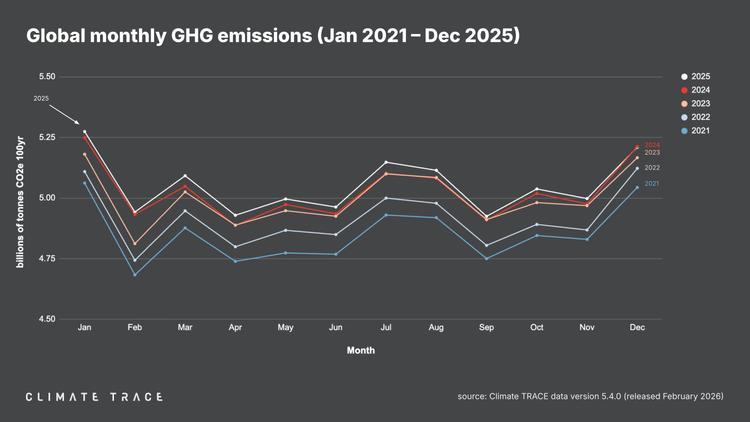What the EU-US trade agreement means for sustainability rules
The deal is likely to affect CSDDD, CSRD and CBAM implementation.

EU and US negotiators have finally agreed on a framework for a trade deal – with significant concessions made by the EU around sustainability reporting and carbon border adjustment.
The ‘Joint Statement on a United States-European Union on an agreement on reciprocal, fair and balanced trade’ – published on August 21 after weeks of negotiations following the tariff war started by US President Donald Trump – lays out the details of a new trade deal between the two regions, with a clear advantage given to the US in exchange for a 15% tariff ceiling.







